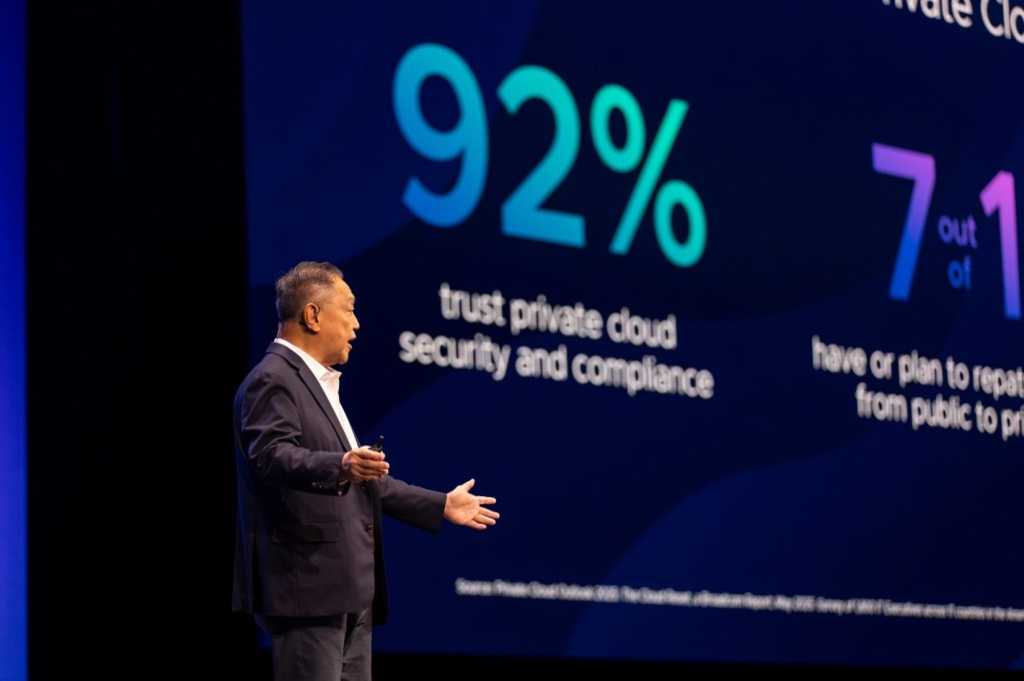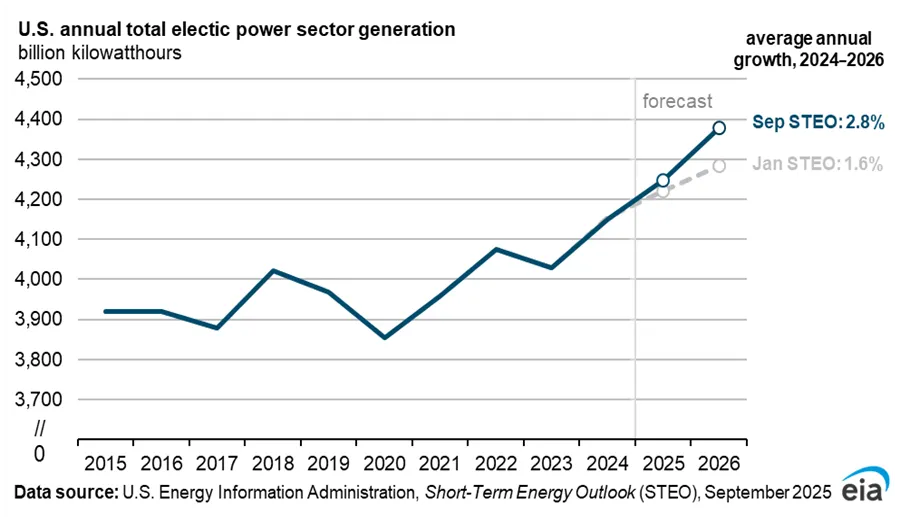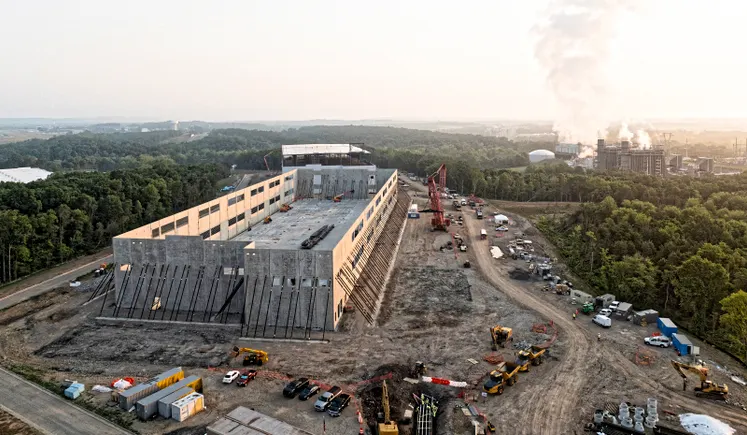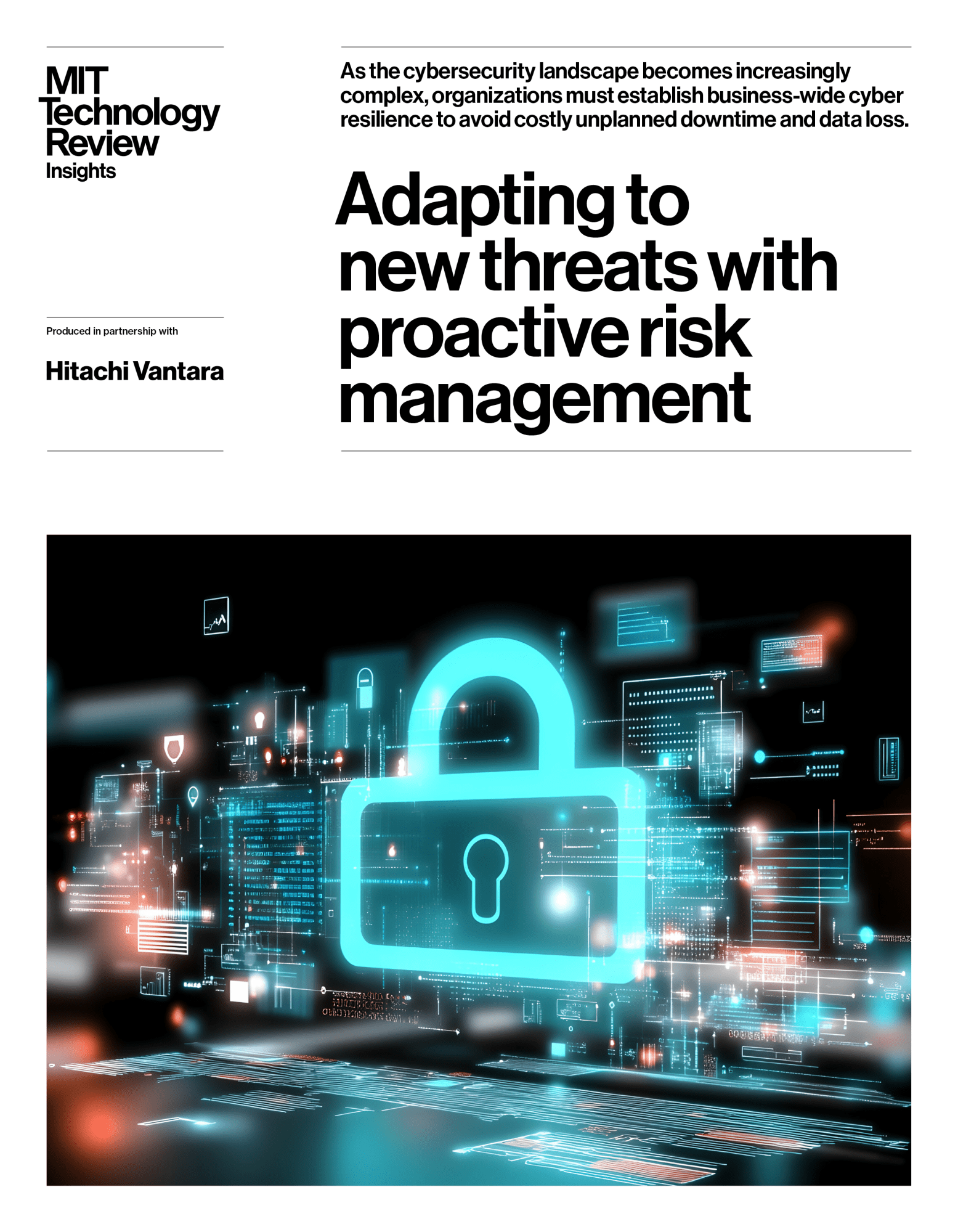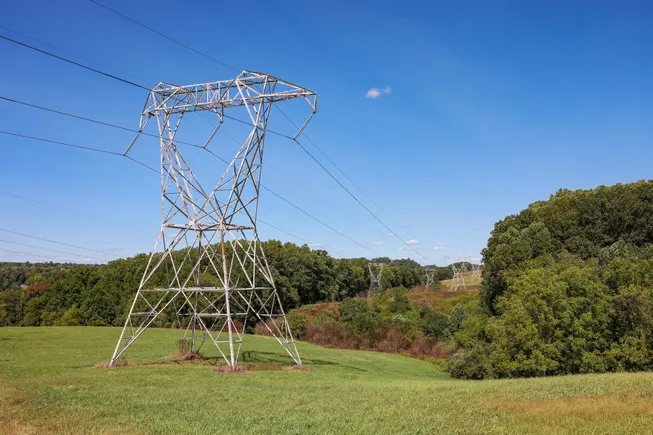
A complaint seeking to overturn the Midcontinent Independent System Operator’s $22 billion Tranche 2.1 regional transmission portfolio faces widespread opposition, according to comments filed Tuesday at the Federal Energy Regulatory Commission.
Parties asking FERC to dismiss the complaint include MISO, six utility commissions, AES Indiana, Ameren, Xcel Energy and other utilities in MISO, the Data Center Coalition, the governor of Iowa, and consumer-oriented organizations such as the Illinois Citizens Utility Board.
The complaint’s supporters include groups representing large energy users such as the Wisconsin Industrial Energy Group and the Electricity Consumers Resource Council as well as MISO’s market monitor.
In a complaint filed on July 30, utility commissions from Arkansas, Louisiana, Mississippi, Montana and North Dakota contend that MISO used flawed modeling and assumptions, which led the grid operator to significantly overstate the benefits of its Tranche 2.1 portfolio.
The Tranche 2.1 portfolio, approved by MISO’s board in December, contains 24 transmission projects, including some that form a 3,631-mile, 765-kV backbone. The projects are expected to go online from 2032 to 2034, according to MISO.
MISO urged FERC to dismiss the “deficient and misleading” complaint, saying the grid operator followed its FERC-approved rules when it developed its multi-value portfolio and its benefits metrics through a stakeholder process.
“Tranche 2.1 was approved nearly eight months ago, and critical reliability, load interconnection, and generation processes have already been undertaken that are dependent on the development of Tranche 2.1; consequently, those processes will be put at risk,” MISO said.
MISO’s fast-track review for 26.5 GW in its Expedited Resource Additions Study process relies on the Tranche 2.1 portfolio and would be delayed if the complaint is upheld by FERC, the grid operator said.
Terminating or undermining the Tranche 2.1 portfolio would chill transmission development across the United States, according to MISO.
“Other regional transmission organizations … and transmission providers are watching how the commission responds to this complaint, and the consequences of the unprecedented reversal of Tranche 2.1 advocated by the complainants will be profound,” MISO said. “The commission should act swiftly to avert this harmful outcome.”
The Tranche 2.1 portfolio was “adequately scrutinized in MISO’s thorough and transparent planning process,” according to utility commissions from Illinois, Michigan, Minnesota and Wisconsin.
“MISO put forth significant effort to provide stakeholders, including the complainants, with the opportunity to provide feedback on the Tranche 2.1 portfolio planning process,” the state regulators said. “The argument that MISO inappropriately controlled the process, especially that it lacked stakeholder involvement and influence, including from states, or in the future needs further review is without merit.”
The Iowa Utilities Commission and the Kentucky Public Service Commission also asked FERC to dismiss the complaint.
In separate filings, the Data Center Coalition and the Clean Energy Buyers Association defended MISO’s transmission planning process.
“Allowing complainants to force MISO to reopen its fully vetted infrastructure investment decisions would violate the Federal Power Act (FPA), MISO’s tariff, and basic principles of reliance in a way that would make it fundamentally and irrevocably more challenging to build the energy infrastructure necessary to establish global energy dominance and commandeer the AI race,” CEBA said.
AEP Indiana Michigan, Great River Energy, Northern Indiana Public Service Co. and other utilities urged FERC to reject the complaint, saying, in part, it is illegal to retroactively change the cost allocation process for the transmission portfolio.
“Stakeholder participation was robust with respect to the development of Tranche 2.1 and MISO reviewed and addressed stakeholder input and feedback, including that of complainants,” the utilities said.
Further, approving the complaint would lead to delays in building power lines and power plants, threatening reliability in MISO’s footprint, according to the utilities.
Ratepayer organizations also supported MISO’s transmission planning process, which they say could lead to “significant” cost savings and reliability benefits.
“The collaborative and iterative planning process pursued by MISO has led to a well-supported Tranche 2.1 portfolio that is necessary to resolve reliability issues throughout the Midwest region,” the Citizens Utility Board of Minnesota, the Citizens Utility Board of Michigan, the Illinois Citizens Utility Board and the Alliance for Affordable Energy said in joint comments.
In contrast, groups for large energy users urged FERC to approve the complaint, which they said shows that the Tranche 2.1 portfolio costs more than it is worth.
Two of the nine multi-value portfolio benefit metrics used by MISO — avoided capacity costs and mitigation of reliability issues – are based on unrealistic assumptions that result in MISO overstating the portfolio’s benefits, according to the Coalition of MISO Transmission Customers, the Midwest Large Energy Consumers, the Illinois Industrial Energy Consumers, the Association of Businesses Advocating Tariff Equity, the NIPSCO Large Customer Group, the Wisconsin Industrial Energy Group, the Louisiana Energy Users Group and the Texas Industrial Energy Consumers.
MISO’s transmission planning process lacks regulatory oversight so FERC should review and approve the grid operator’s regional transmission plans and require MISO to adopt an independent transmission monitor, the groups said.
FERC should order MISO to reevaluate its Tranche 2.1 portfolio using an updated “futures scenario” and a modified benefits assessment, according to Potomac Economics, the grid operator’s market monitor, which has been a critic of MISO’s transmission planning.
The market monitor supported the complaint’s request that FERC review and approve future MISO planning scenarios.



